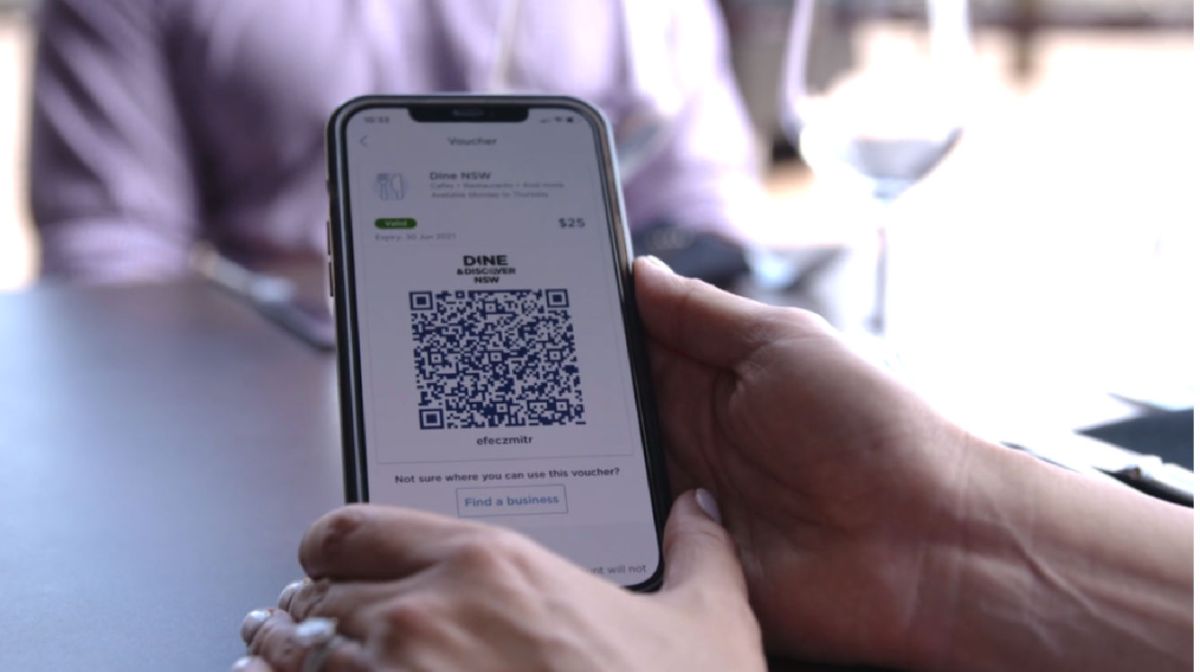To help with strengthening the local economy and get people spending again following the worst of the pandemic, the NSW Government issued Dine & Discover vouchers. The digital vouchers could be accessed by citizens using the ServiceNSW app and validated by providing existing forms of identification, such as a driver’s license or passport.
The initiative represented a bold and forward-looking step for the government and is something that any retailer still using physical or hard-to-access digital vouchers could learn a lot from, especially those retailers that want to form deep and trusting relationships with their customers.
Why Dine & Discover worked
Launched earlier this year, the $500 million Dine & Discover programme was designed to be a much-needed stimulus for businesses, while providing customers with added spending power. The service is accessible via the Service NSW app and has been designed to make full use of digital technology and be seamless, contactless and secure.
More than 2.6 million people had registered for the vouchers within a month of the programme rollout and countless local businesses were vocal in their support of the initiative.
The key to its success was the ease with which users could access their vouchers. There was no need to download separate apps or fill out forms. Instead, it was all done through the existing Service NSW app, something which millions were already using to scan QR-code check-ins. Once users had linked up existing forms of identification — all via their smartphones — they were good to go. The key to Dine and Discover’s success was also in part due to Service NSW app’s Zero Trust approach to gathering customer data.
The lesson for retailers
In short, digital vouchers offer retailers an opportunity to strengthen existing customer relationships, establishing a level of trust regarding the use of their personal information, while also attracting new shoppers.
According to Juniper Research, digital vouchers provide a wide range of benefits to businesses. For example, they can enhance engagement with end-users, and help retailers to better track purchasing patterns. Additionally, they offer retailers the ability to strengthen and personalise digital marketing strategies by delivering targeted, personalised offers based on a user’s purchasing behaviour and location.
Adoption of technology has sped up drastically as a result of the pandemic and shoppers have a new expectation that retailers will be able to offer seamless, end-to-end, digital experiences. However, for digital vouchers to work in a retail environment in the same way they’ve worked in public services, retailers will need to ensure they adopt data security and identity verification solutions that protect customers.
Consumers are understandably sensitive about organisations knowing more about them than they would like, so the key is to establish trust in knowing their information remains secure. . Recent research from ForgeRock suggests that many consumers are laissez-faire about their data being shared with others. It seems consumers are not averse to providing access to their data, so long as they are told upfront what it will be used for. The lesson here for retailers is that they need to be transparent about any consumer data they collect, while also making clear the benefits, in an environment that’s protected from cyberbullies.
The pandemic continues to be a disruptive headache for businesses and consumers alike. However, in many ways, it has fueled innovation and progress toward the migration to increased digitisation of goods and services. Dine & Discover has been a success and is a model for businesses seeking to provide cash-equivalent benefits for consumers in return for identity data.
Ajay Biyani is regional vice president for ASEAN at ForgeRock.

